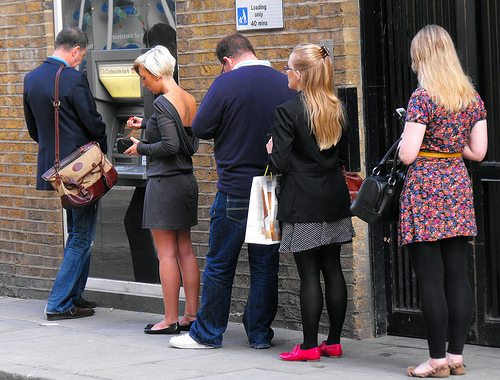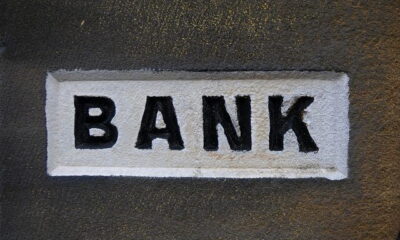

Economy
Which? says current account market must be more transparent
Current account customers could be losing thousands of pounds a year just by being with a bank that is wrong for them, with some overdraft charges proving more expensive than payday loans, according to new research.
The study, by consumer watchdog Which?, compared 21 current accounts currently on offer.
It found that in a worst case scenario, dipping into an overdraft without permission and having payments rejected could cost an extra £183 a month for users of the most expensive account – Bank of Ireland’s Clear Account Level 1 – compared to the least expensive – Halifax’s Reward Current Account.
Those who use an authorised overdraft, even if only for a few days per month, could be paying £120 more per year with Classic Accounts from TSB, Lloyds or the Bank of Scotland, rather than Current Account Directs from Clydesdale Bank or Yorkshire Bank.
Which? says that customers could avoid such charges just by finding out which bank offers the deal most appropriate for them. For example, the study adds that while Halifax’s Reward Current Account is cheapest for using an unauthorised overdraft, it has amongst the highest authorised overdraft charges.
However, the watchdog complains that the market is not transparent enough for customers to be able to make properly informed choices, and is calling on the government to intervene.
“Unless banks make it simple for people to compare the cost of running a current account, the new switching guarantee alone will fail to transform switching rates or significantly increase competition in banking”, said Which? executive director Richard Lloyd.
“With many households relying on their overdrafts to cope with the rising cost of living, we’re calling on the chancellor to force banks to release information so consumers can make sense of the way they use their account and choose the one that is best for them.”
Laura Willoughby, chief executive of banking reform campaign group Move Your Money, said, “We have always known that the banks are fleecing current account customers without giving them the real information to compare.”
Willoughby advises current account customers to shop around, and make sure they don’t have to have all their financial products in one place, adding, “Customers should ask their bank for a full list of charges and match it against their likelihood of needing to use them.”
Further reading:
Customer service and reputation main driver for consumers switching current accounts
Report suggests banks are taking steps to improve products
Nationwide a ‘big gainer’ from switching service after profits surge
Ethical sector could see boost as FCA reveals talks with 21 new banks


 Environment12 months ago
Environment12 months agoAre Polymer Banknotes: an Eco-Friendly Trend or a Groundswell?

 Features11 months ago
Features11 months agoEco-Friendly Cryptocurrencies: Sustainable Investment Choices

 Features12 months ago
Features12 months agoEco-Friendly Crypto Traders Must Find the Right Exchange

 Energy11 months ago
Energy11 months agoThe Growing Role of Solar Panels in Ireland’s Energy Future





























